The stupid questions we ask …. with Max Hardy

You would recall a teacher, or lecturer, or someone, telling you there is no such thing as a stupid question. That may be true in some contexts, but I have been concerned for many years about the stupid questions asked by project teams about the progress of their ‘community engagement’ (especially in regard to infrastructure or urban planning projects).
Take for instance a debrief after a workshop or meeting or open house session with members of the community. Here are some questions, and my thoughts about them:
- What went well? Not too silly a question, but it is when we haven’t agreed what ‘going well’ actually means. Upon further examination, ‘going well’ can be understood as:
- Did we look like we could answer any question put to us or defend any criticism?
- Did the meeting proceed as planned? Did we stick to the agenda?
- Was the meeting civilised, or even somewhat pleasant?
- Is there any reason why we can’t just keep ploughing ahead with the project?
Of course, if those are the questions team members are really asking, you can easily imagine what the questions ‘What didn’t go so well?’ and ‘What can we do better?’ actually mean as well.
So, what’s wrong with these questions? Why are they stupid? Basically, it comes down to the behaviour it encourages, and, as a result, the kind of dynamics they produce. Firstly, the focus is all about us and how comfortable the team is feeling. It’s about how clever we look, and how much we know. It’s about how convenient things are or how comfortable we feel as a result of interacting with members of the community.
Asking these questions is fateful. It will change how the team behaves and how they prepare. We focus more on trying to ensure we have an answer to every question, rather than being curious about what matters to people. It means we are more committed to getting through an agenda on time, then building rapport. It encourages the team to try to hose down any emotion being expressed, rather than demonstrating empathy. It also means the team is likely to be ‘defensive’ than open. Generally, it will also make members of the community more frustrated, if not angry.
I’d like to offer some better questions. Try them out. See what happens.
As you prepare for a meeting or interaction with members of the public, how about asking yourselves questions like this?
- How much can we learn from the community today?
- How can we let people know we value their attendance and contribution?
- How might we be able to better understand the aspirations and concerns of the community?
- How can we share information in a way that is helpful?
Just imagine, for a moment, what kind of behaviour this would encourage, how you might prepare for a meeting, and how it might influence the agenda.
Ok – I’ve given you time to think about that. So, let’s now think about the questions you could ask as you debrief a session you’ve held. What about these?
- What was a high point in the session today? What was the most confronting, or disturbing moment?
- Did anything occur today that surprised us? Were any of our assumptions challenged?
- How much, and what, did we learn today?
- What would we consider the key messages from today?
- What might we do to follow up on what happened today?
- What might we do differently to strengthen our relationship with this community?
That will do for now. Just remember, our questions are fateful.
